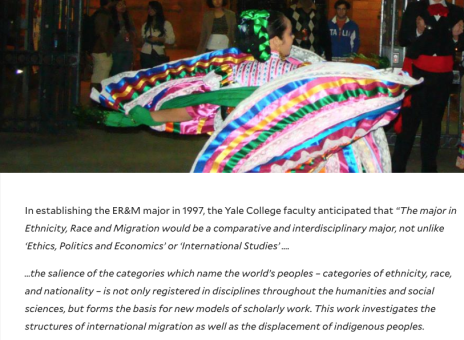Looking Back
You may know that former WFF@H members Naveeda Khan (anthropology) and Angus Burgin (history), longtime members of the committee, stepped away last year. They are very much missed!
Additionally, Karen Fleming (biophysics) has finished up her three-year appointment as co-chair, and Anne-Elizabeth Brodsky (expository writing) will finish her term in December.
You can read our 2018-19Annual Report–featuring research and recommendations on student evaluations of teaching (SETs), the NAS report on sexual and gender harassment, and graduate student advising–here: WFF_AnnualReport2018-19_ForWeb
Looking Ahead
Karen Beemon (biology), Yi-Ping Ong (comparative thought and literature) and Todd Shepard (history; women and gender studies) are the remaining members of WFF@H.
So, YES–WFF@H definitely needs to build up its membership. Interested? Email [email protected] or Dean Wendland’s office.
Also, save the date for the Where We Stand reception! Monday, November 4, 5:30pm in Mudd Atrium. Please bring kids, friends, students, colleagues.



 In
In